The struggles and triumphs of Australia's Indigenous youth form a complex tapestry that reflects both the enduring legacy of colonialism and the resilient spirit of First Nations peoples. These young individuals stand at the crossroads of cultural preservation and modern assimilation, navigating a world that often fails to recognize their unique challenges. Their stories reveal the ongoing consequences of historical injustices while simultaneously offering hope for reconciliation and empowerment.
For generations, Aboriginal and Torres Strait Islander youth have faced systemic barriers that hinder their ability to thrive. The statistics paint a grim picture: higher rates of incarceration, poorer educational outcomes, and limited access to healthcare services compared to their non-Indigenous counterparts. These disparities stem from a long history of dispossession, forced removals, and cultural erasure that continue to reverberate through communities today. The trauma of the Stolen Generations, where children were forcibly taken from their families, has created intergenerational wounds that still require healing.
Despite these challenges, there exists a powerful movement of young Indigenous Australians reclaiming their identity and shaping their own narratives. Across the continent, youth-led initiatives are blossoming - from cultural revival programs to political activism. Many are turning to traditional knowledge systems, learning ancient languages and customs that were nearly lost to colonial suppression. This cultural renaissance provides not only a connection to heritage but also a framework for addressing contemporary issues like environmental degradation and mental health struggles.
The education system remains a battleground for Indigenous youth, where Western pedagogical approaches often clash with traditional ways of learning. Mainstream schools frequently fail to incorporate Indigenous perspectives or recognize different learning styles, leading to disengagement and high dropout rates. However, innovative programs that blend traditional knowledge with academic curriculum are showing promising results. These initiatives, often developed in partnership with local elders, demonstrate how honoring cultural identity can dramatically improve educational outcomes.
Mental health represents another critical frontier for Aboriginal youth, who experience psychological distress at rates far exceeding national averages. The intersection of historical trauma, socioeconomic disadvantage, and cultural dislocation creates a perfect storm of vulnerability. Yet within many communities, traditional healing practices are being revived alongside Western mental health services. Young people are increasingly becoming advocates for mental wellbeing, using social media platforms to share their experiences and combat stigma in culturally appropriate ways.
On the sporting fields and artistic stages, Indigenous youth are making their mark as never before. From professional athletes to contemporary visual artists, these young Australians are challenging stereotypes and reshaping national culture. Their achievements serve as powerful symbols of what's possible when talent meets opportunity. More importantly, many of these successful individuals actively work to create pathways for others in their communities, understanding that individual success means little without collective advancement.
The justice system presents one of the most glaring examples of institutional failure regarding Indigenous youth. Despite making up only about 5% of their age demographic, Aboriginal and Torres Strait Islander young people constitute over 50% of the juvenile detention population. This shocking overrepresentation speaks to systemic biases in policing, sentencing, and social services. Grassroots organizations led by Indigenous advocates are working tirelessly to implement diversion programs and community-based alternatives to incarceration, with some notable successes in reducing recidivism rates.
Digital technology has emerged as an unexpected ally for many Indigenous youth, providing platforms for cultural expression and political mobilization. Social media campaigns like #SOSBLAKAUSTRALIA have amplified Indigenous voices on national issues, while apps designed to teach traditional languages are helping preserve endangered knowledge systems. This digital activism represents a new frontier in the ongoing struggle for recognition and rights, allowing young people to bypass traditional media gatekeepers and tell their own stories.
Connection to Country remains fundamental to Indigenous identity, and many youth are taking active roles in land management and environmental protection. Drawing on millennia of ecological knowledge, these young custodians are addressing contemporary challenges like climate change and biodiversity loss. Their work bridges ancient wisdom with modern science, offering solutions that benefit all Australians. This environmental stewardship provides not only practical benefits but also a profound sense of purpose and belonging for participants.
The path forward requires genuine partnership and power-sharing between Indigenous communities and government institutions. Top-down approaches have repeatedly failed to address complex social issues, while community-led initiatives often lack sustainable funding. What's needed is a fundamental shift in how resources are allocated and decisions are made - one that centers Indigenous knowledge systems and respects the right to self-determination. Young people must have meaningful seats at these decision-making tables, as they are the ones who will live with the consequences of today's policies.
Australia stands at a critical juncture in its relationship with First Nations peoples. The energy and vision of Indigenous youth offer a roadmap for reconciliation that goes beyond symbolic gestures to create substantive change. Their struggles highlight the work still required to address historical injustices, while their achievements demonstrate the incredible potential waiting to be unlocked. Supporting these young leaders isn't just a matter of social justice - it's an investment in the nation's future that will benefit all Australians.
As the world becomes increasingly aware of Indigenous rights and knowledge systems, Aboriginal and Torres Strait Islander youth find themselves in a unique position. They serve as bridges between ancient cultures and modern global society, carrying forward traditions while navigating contemporary challenges. Their success will ultimately be measured not just by statistical improvements, but by the strength of their cultural continuity and their ability to shape an Australia that truly values its First Peoples.
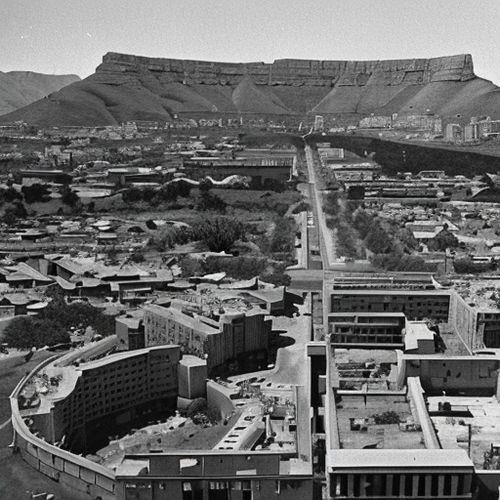
By Eric Ward/Apr 19, 2025
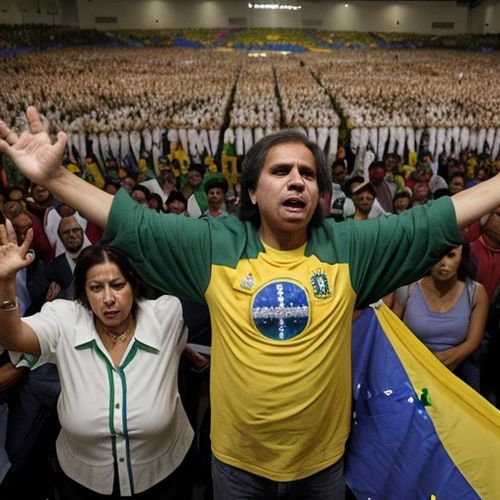
By James Moore/Apr 19, 2025
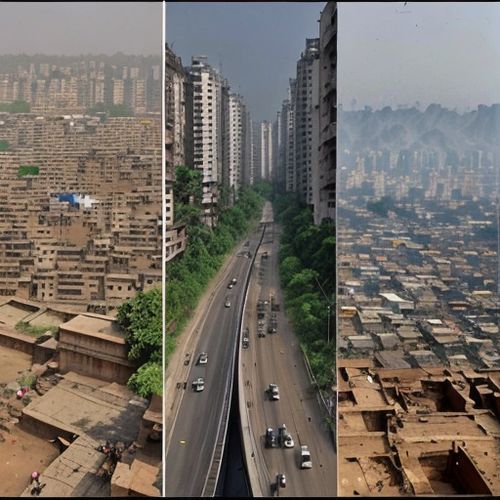
By Daniel Scott/Apr 19, 2025
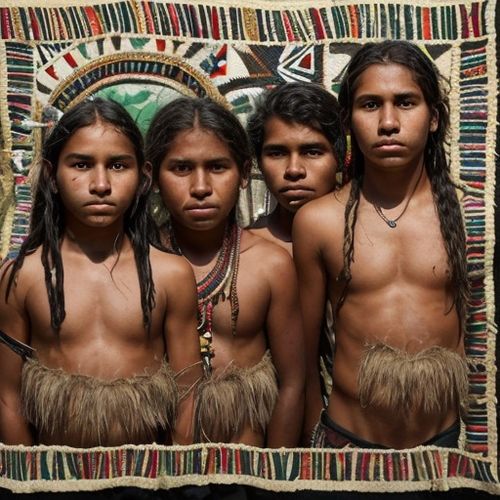
By George Bailey/Apr 19, 2025
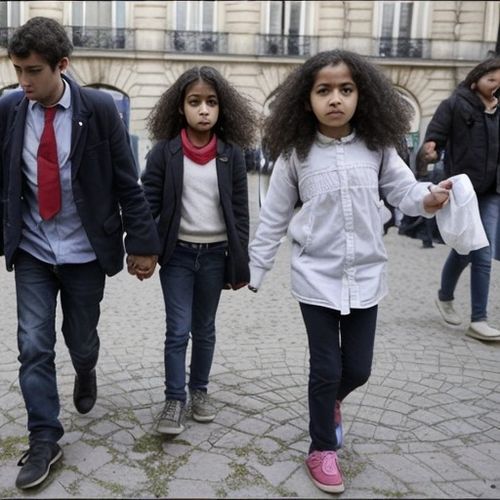
By Amanda Phillips/Apr 19, 2025
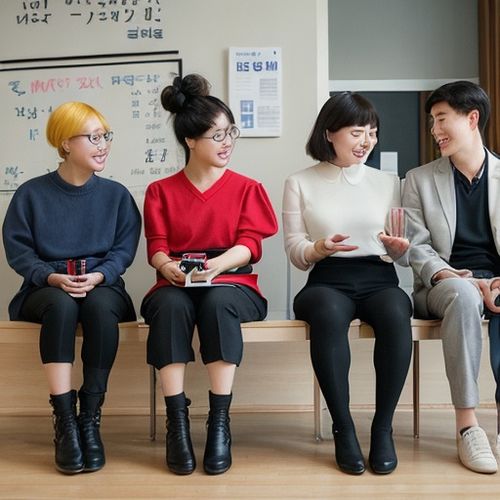
By Amanda Phillips/Apr 19, 2025
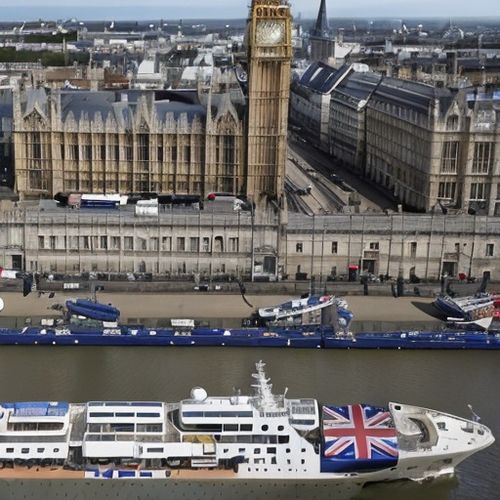
By Joshua Howard/Apr 19, 2025
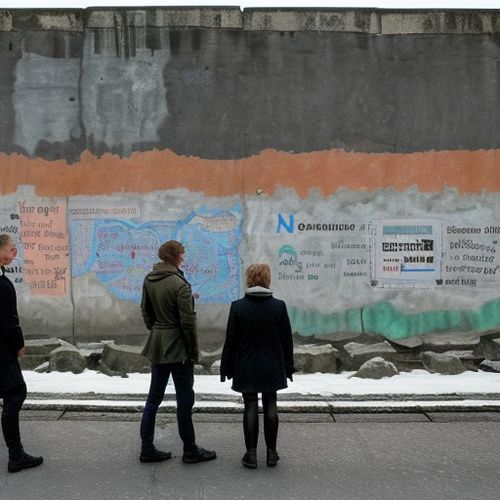
By Thomas Roberts/Apr 19, 2025

By Thomas Roberts/Apr 19, 2025
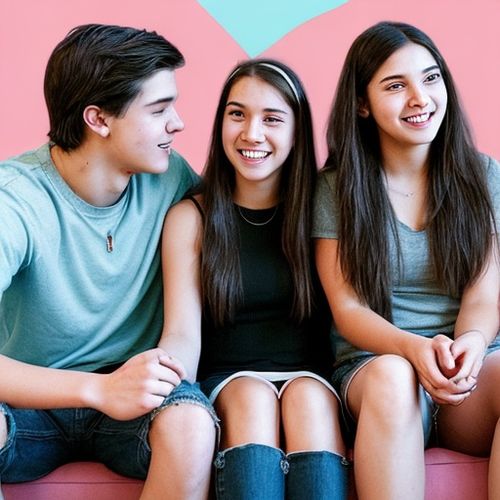
By Noah Bell/Apr 19, 2025
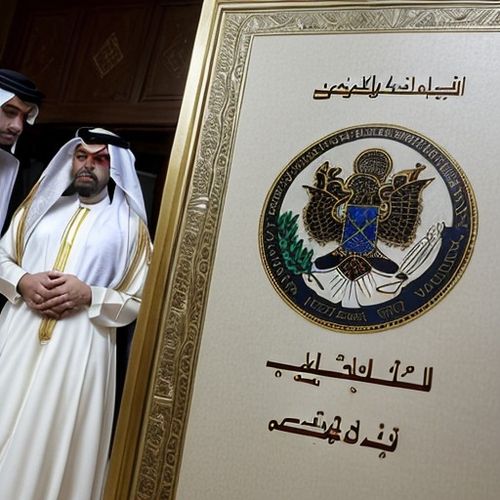
By James Moore/Apr 19, 2025
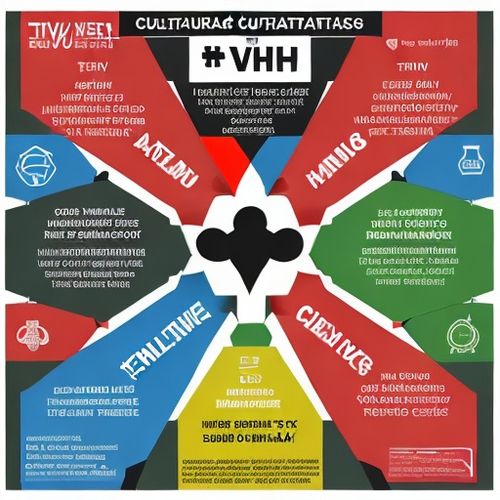
By Rebecca Stewart/Apr 19, 2025
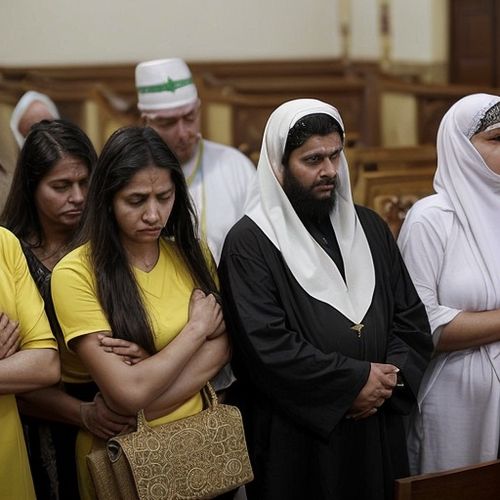
By Noah Bell/Apr 19, 2025

By Elizabeth Taylor/Apr 19, 2025
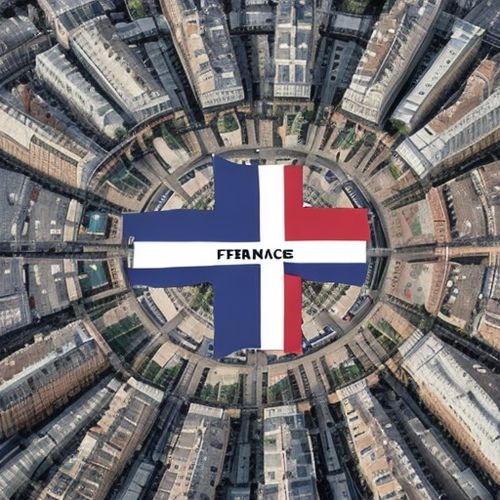
By Benjamin Evans/Apr 19, 2025
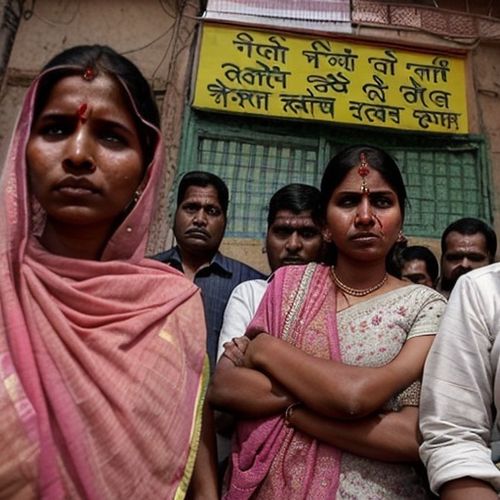
By Laura Wilson/Apr 19, 2025
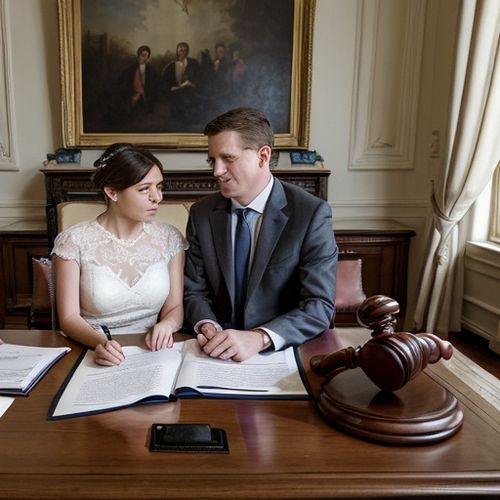
By Victoria Gonzalez/Apr 19, 2025

By Laura Wilson/Apr 19, 2025
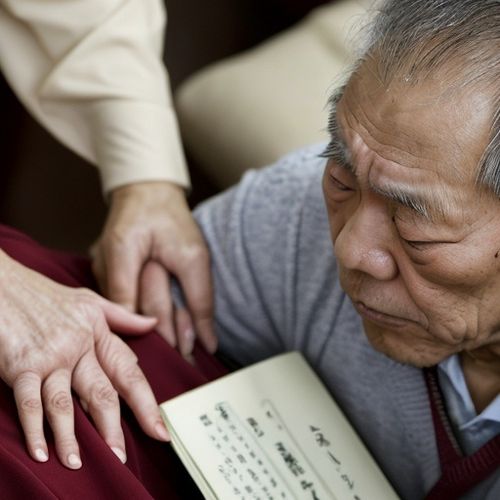
By Laura Wilson/Apr 19, 2025

By Sophia Lewis/Apr 19, 2025